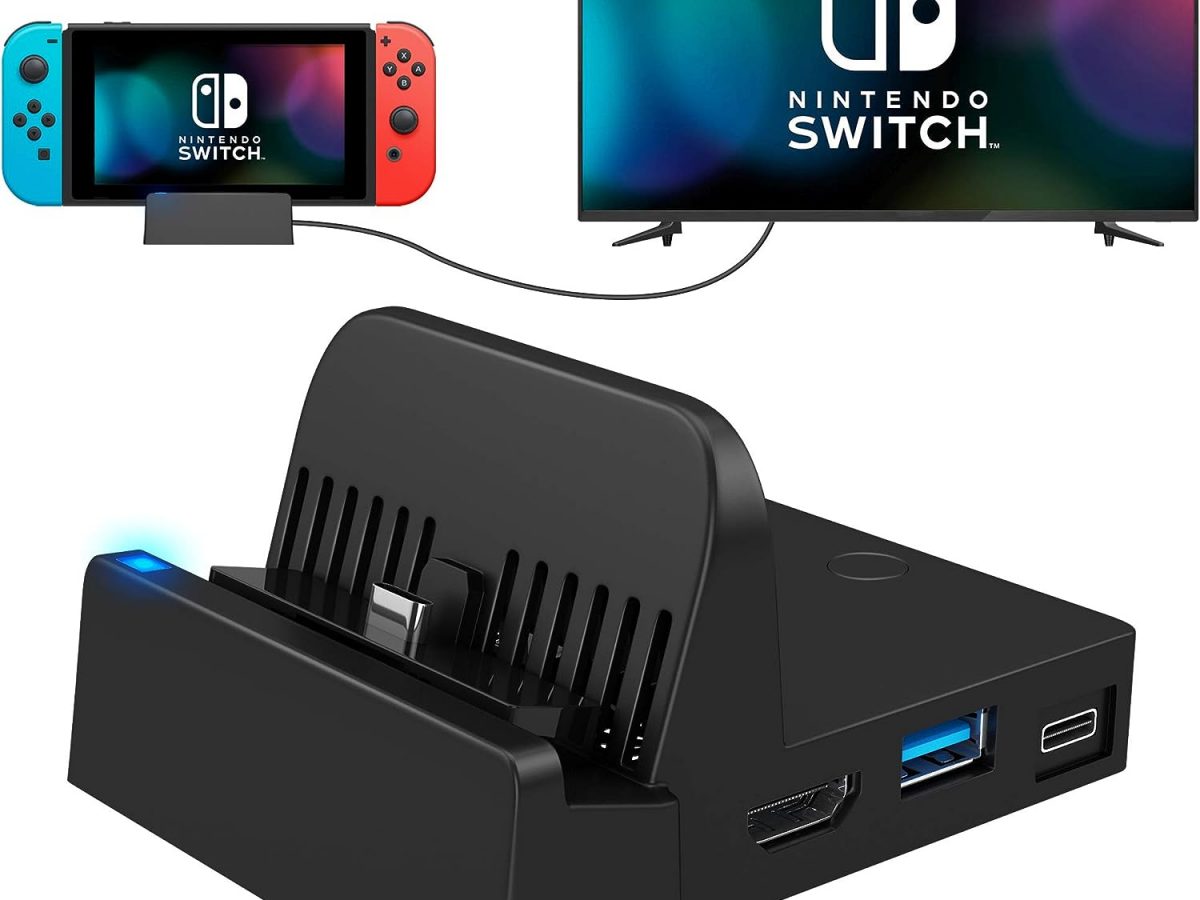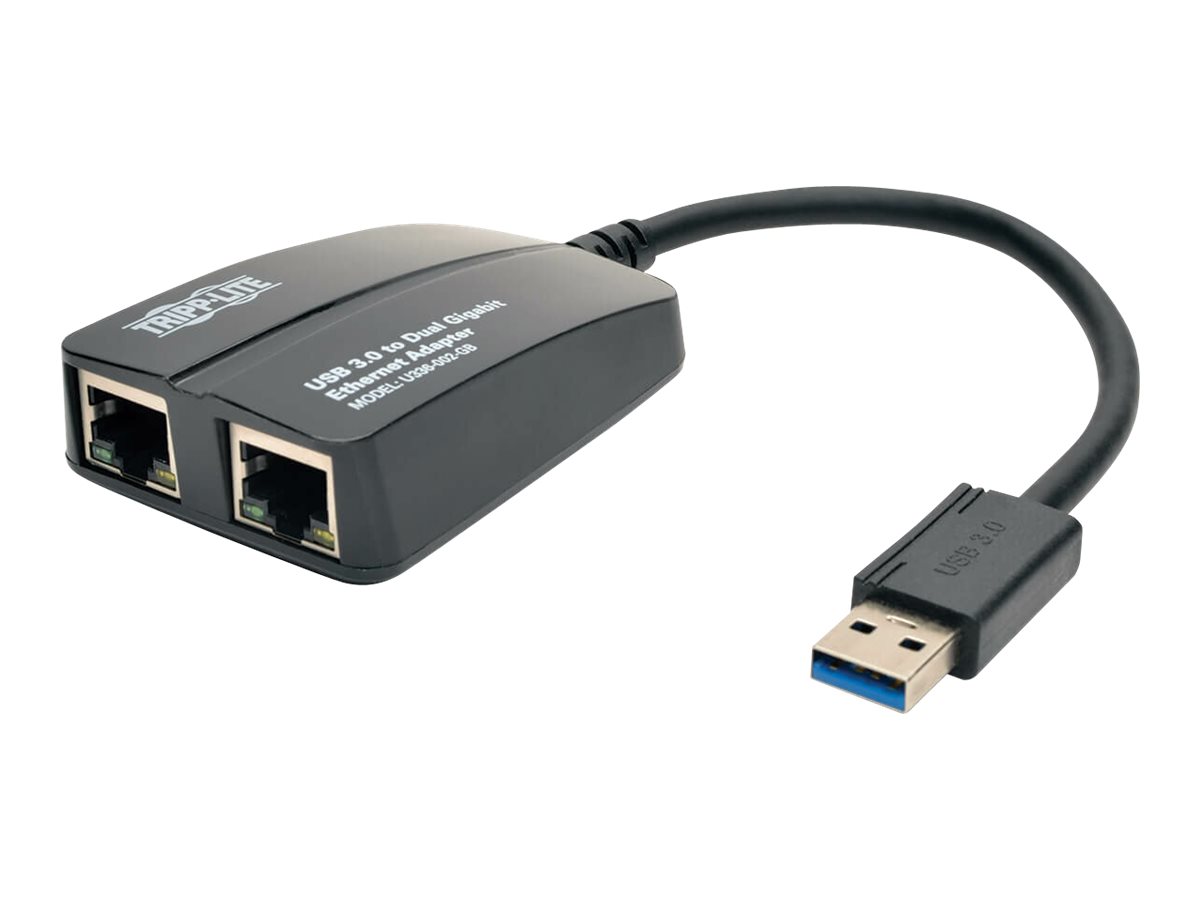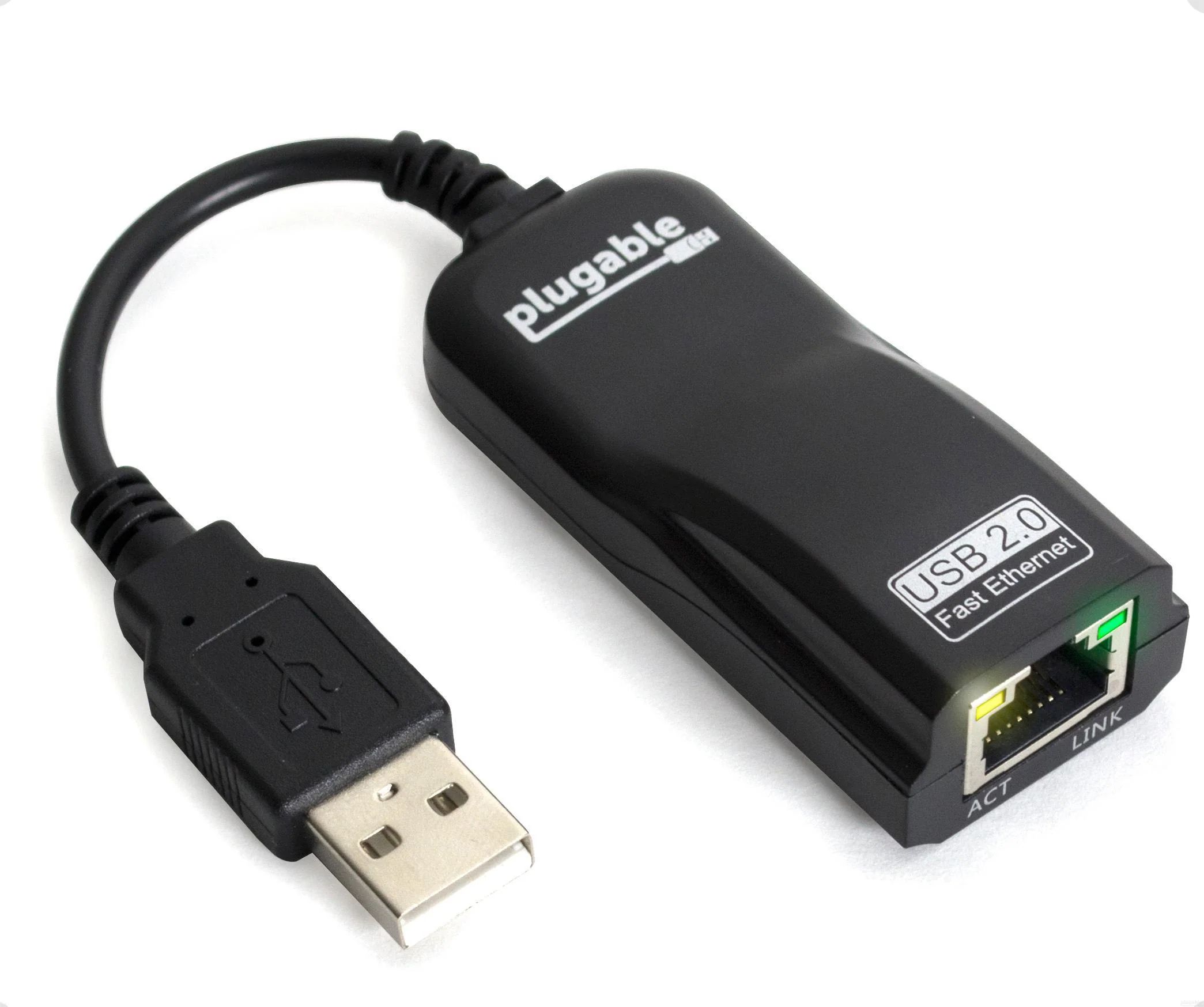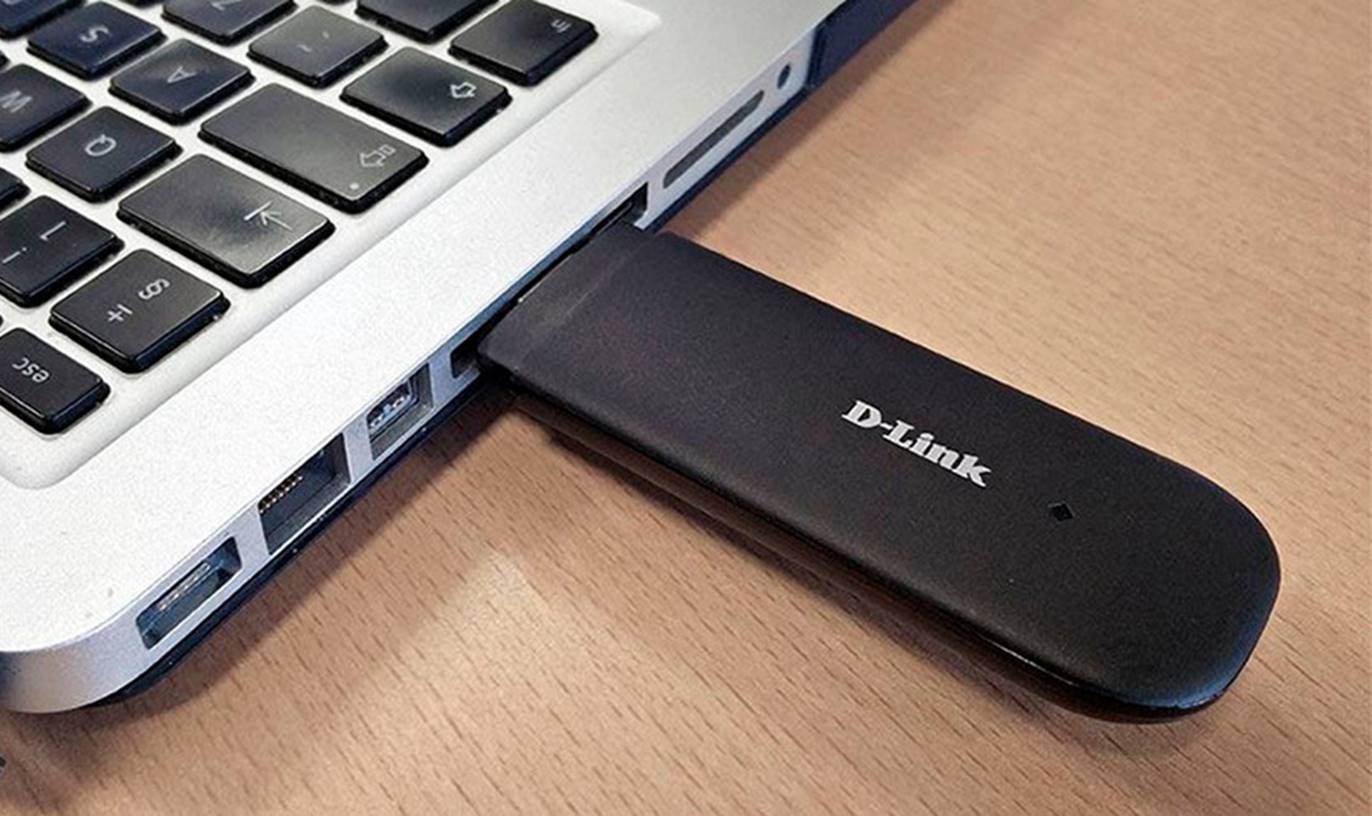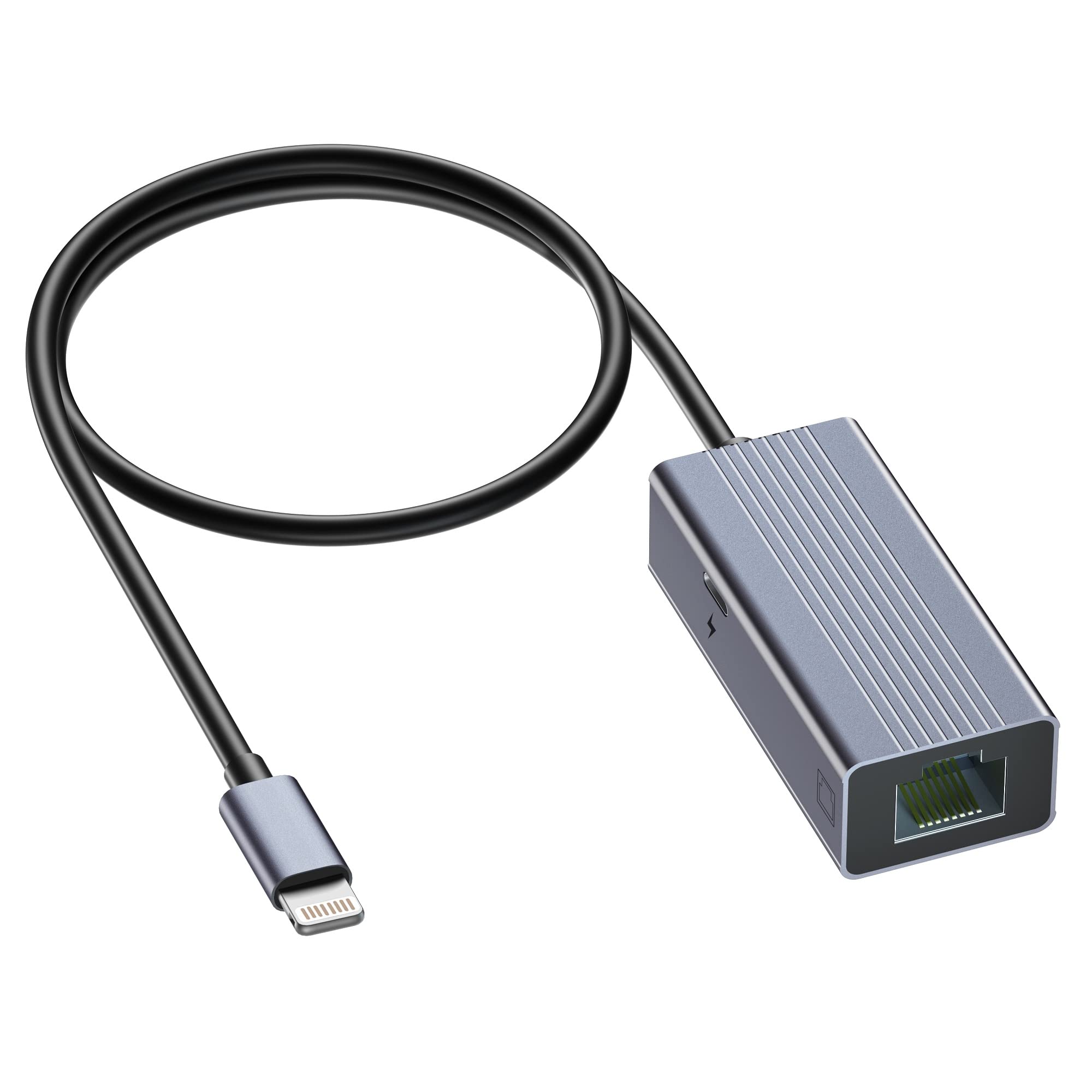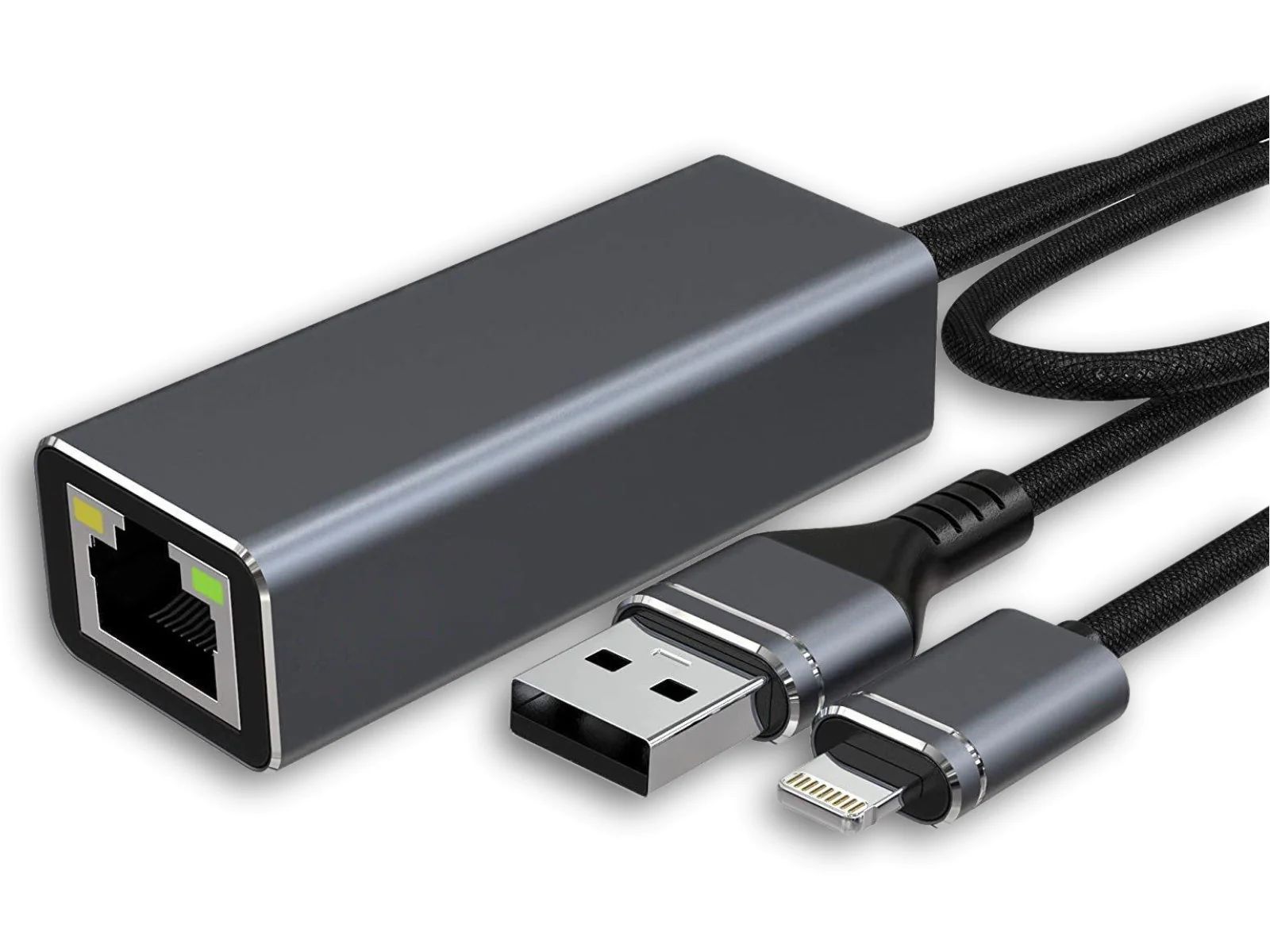Introduction
Welcome to the world of online gaming, where epic battles are fought, virtual worlds are explored, and friends are made across the globe. As an avid gamer, you know that one of the key elements that can make or break your gaming experience is the speed of your internet connection. But just how fast does your internet need to be for optimal online gaming?
With the rise of multiplayer online games and the increasing demand for seamless gameplay, internet speed has become crucial for gamers. Whether you’re battling it out in a first-person shooter, diving into a massively multiplayer online role-playing game (MMORPG), or enjoying some friendly competition in a sports simulation, a fast and stable internet connection can give you the edge you need to dominate the virtual realm.
In this article, we will explore the importance of internet speed for online gaming and provide you with insights on determining how fast your internet needs to be. We will also discuss minimum speed requirements for different types of online games, the impact of latency on gaming performance, and how a faster internet connection can enhance your overall gaming experience. Additionally, we will share some tips on optimizing your internet speed specifically for gaming.
So, whether you’re an experienced gamer or someone who is just starting to explore the vast world of online gaming, join us as we delve into the realm of internet speed and its significance for an immersive and lag-free gaming experience.
The Importance of Internet Speed for Online Gaming
When it comes to online gaming, the speed of your internet connection plays a vital role in determining the quality of your gaming experience. A fast and reliable internet connection is essential for several reasons.
First and foremost, internet speed directly affects the responsiveness and smoothness of gameplay. In fast-paced online games, such as first-person shooters or battle royale games, split-second decisions and actions can mean the difference between victory and defeat. With a slow internet connection, you may experience lag, which causes delays between your actions and their execution in the game. This can result in frustrating gameplay, missed opportunities, and a significant disadvantage compared to other players with faster connections.
Furthermore, a faster internet connection reduces the chances of experiencing connection drops or disconnects during gameplay. Nothing is more frustrating than being in the middle of an intense gaming session and suddenly losing connection, interrupting your progress and forcing you to start over. A stable and speedy internet connection ensures a consistent and uninterrupted gaming experience, allowing you to fully immerse yourself in the virtual world.
In addition to gameplay performance, internet speed also affects other aspects of online gaming. When playing multiplayer games, a higher internet speed allows for smoother communication with other players. This is crucial for cooperative gameplay, team coordination, and interaction in online communities. With a slower connection, you may encounter difficulties in voice chat or experience delays in receiving important updates from your teammates, which can have a negative impact on your overall gaming experience.
Moreover, faster internet speeds enable quicker downloads and updates for games and patches. Many modern online games require frequent updates to fix bugs, add new features, or balance gameplay. With a slow internet connection, these updates can take an excruciatingly long time, frustratingly delaying your ability to jump into the game. A faster internet speed ensures that you spend less time waiting for updates and more time playing and enjoying your favorite games.
In summary, internet speed is of utmost importance for online gaming. It directly affects gameplay performance, connection stability, communication with other players, and the efficiency of downloading updates. To ensure an enjoyable and competitive gaming experience, it is crucial to have a fast and reliable internet connection.
Factors to Consider When Determining How Fast Your Internet Needs to Be
Now that we understand the importance of internet speed for online gaming, let’s delve into the factors you should consider when determining how fast your internet needs to be.
1. Game Requirements: Different online games have varying minimum speed requirements. Some games may specify a certain download and upload speed to ensure optimal gameplay. Before making any adjustments to your internet plan, check the official website or game documentation for the specific speed recommendations. This will give you a baseline understanding of the required speed for your favorite games.
2. Number of Devices: Consider the number of devices connected to your internet network. If you live in a household where multiple people are simultaneously using the internet for various activities, such as streaming movies, video calls, or downloading files, you will require a faster internet connection to accommodate the increased demand. Gaming while others are using the internet can lead to bandwidth congestion, resulting in higher latency and slower speeds. Ensure your internet plan can handle the needs of all connected devices.
3. Connection Type: The type of internet connection you have can also impact your gaming experience. Fiber-optic connections provide faster speeds and lower latency compared to DSL or cable connections. If available in your area, consider upgrading your internet plan to a fiber-optic connection for the best gaming performance.
4. Latency: While internet speed is important, it’s crucial to consider latency as well. Latency refers to the time it takes for data to travel from your device to the game server and back. Online games, especially competitive multiplayer games, require low latency to ensure smooth and responsive gameplay. Look for an internet plan that offers low ping or latency times to minimize delays and enhance your gaming experience.
5. Internet Service Provider (ISP): The quality and reliability of your internet connection can vary based on your ISP. Research and compare different ISPs in your area, considering factors such as customer reviews, service reliability, and technical support. Choosing a reputable and reliable ISP will ensure a consistent and high-speed connection for your gaming needs.
6. Future Growth: Lastly, consider your future needs and potential growth in gaming. If you anticipate playing more demanding games or participating in tournaments that require higher internet speeds, it may be wise to invest in a faster internet plan. This will future-proof your gaming setup and ensure you’re prepared for any advancements in online gaming technology.
By taking these factors into account, you can determine how fast your internet needs to be for optimal online gaming. Remember, finding the right balance between your gaming needs and your internet plan is essential to maximize your gaming experience.
Minimum Speed Requirements for Different Online Games
When it comes to online gaming, different games have varying minimum speed requirements to ensure smooth gameplay and minimize lag. Here are some general guidelines for the minimum speed requirements of popular online games:
1. First-Person Shooters (FPS): FPS games like Call of Duty or Battlefield require a minimum download speed of around 3 Mbps and an upload speed of 1 Mbps. These games demand quick reactions and precise aiming, so a stable and fast internet connection is necessary to maintain a competitive edge.
2. Massively Multiplayer Online Role-Playing Games (MMORPG): MMORPGs like World of Warcraft or Final Fantasy XIV necessitate a slightly higher minimum speed due to the large, persistent game worlds and player interactions. A download speed of at least 5 Mbps and an upload speed of 1-3 Mbps should be sufficient to explore these expansive virtual realms without experiencing significant lag.
3. Battle Royale Games: Popular battle royale games like Fortnite or Apex Legends require a minimum download speed of around 5 Mbps and an upload speed of 2 Mbps. These fast-paced, player-vs-player games involve intense battles with dozens of players, so a stable internet connection is crucial to ensure a fair and enjoyable gaming experience.
4. Sports Simulation Games: Sports simulation games, such as FIFA or Madden NFL, usually have lower minimum speed requirements compared to other genres. A download speed of around 2 Mbps and an upload speed of 1 Mbps should be sufficient to enjoy these games without noticeable lag or delays.
Keep in mind that these are general guidelines and the specific speed requirements for each game may vary. It’s always recommended to check the official website or documentation of the game you’re interested in for the most accurate information regarding their minimum speed recommendations.
Additionally, it’s important to note that these minimum speed requirements assume you are the only person using the internet connection for gaming. If multiple users are connected to the network or other bandwidth-intensive activities are taking place simultaneously, you may require higher speeds to ensure optimal gaming performance without any interference or interruptions.
Lastly, it’s worth mentioning that even if your internet speed meets the minimum requirements for a specific game, upgrading to a higher speed plan can still enhance your gaming experience. A faster internet connection can reduce latency, provide smoother gameplay, and allow for quicker downloads and updates, ultimately improving your overall gaming experience.
By understanding the minimum speed requirements for different online games and considering the specific needs of each genre, you can ensure that your internet connection is capable of delivering the performance required for an immersive and lag-free gaming experience.
The Impact of Latency on Gaming Performance
When it comes to online gaming, latency plays a critical role in determining the responsiveness and overall performance of your gaming experience. Latency, also known as ping, refers to the time it takes for data to travel from your device to the game server and back. Here’s a closer look at the impact of latency on gaming performance:
1. Game Responsiveness: Low latency is essential for fast-paced online games where split-second decisions and reactions can make a significant difference. When latency is high, there is a delay between your actions and their execution in the game, resulting in a noticeable lag. This can make it challenging to aim accurately, perform complex maneuvers, or react swiftly to in-game events, putting you at a disadvantage compared to players with lower latency connections.
2. Competitive Advantage: In competitive gaming scenarios, low latency can be the key to victory. When milliseconds can determine the outcome of a match, every moment counts. With lower latency, your actions are executed faster, giving you a greater chance to outmaneuver your opponents and secure a competitive edge. High latency, on the other hand, can lead to missed opportunities, delayed responses, and frustration.
3. Smooth Gameplay: Latency not only affects your direct gameplay actions but also impacts the overall smoothness of the game. Without low latency, animations may appear choppy, and in-game movements can feel sluggish. This can diminish the immersive experience and compromise your ability to fully enjoy the game as intended by the developers.
4. Interactions with Other Players: In online multiplayer games, low latency is crucial for seamless interaction with other players. It ensures that conversations in voice chat are real-time, allowing for effective communication and coordination between teammates. High latency can lead to communication delays, making it challenging to strategize, issue commands, or react to critical information shared by teammates.
5. Reduced Frustration: Nothing is more infuriating than being defeated in a game due to high latency rather than lack of skill. High latency can introduce inconsistencies and unpredictability in gameplay, leading to frustrating experiences. It can also result in sudden disconnections or “rubber-banding,” where your character is snapped back to a previous position due to data packet loss or delays in communication with the game server.
To minimize latency and improve gaming performance, it’s important to choose an internet service provider (ISP) with low ping times and a stable network. Fiber-optic connections typically offer lower latency compared to other connection types, such as DSL or cable. Additionally, ensuring that your gaming device is connected directly to the router with an ethernet cable, rather than relying on a wireless connection, can also help reduce latency and increase the stability of your connection.
Ultimately, minimizing latency is crucial for achieving the best gaming experience possible. By understanding the impact of latency on gaming performance and taking steps to optimize your internet connection, you can enjoy smoother gameplay, improved responsiveness, and an overall more enjoyable gaming experience.
How a Faster Internet Connection Can Enhance Your Gaming Experience
A faster internet connection goes beyond just meeting the minimum speed requirements for online gaming. It can significantly enhance your overall gaming experience in several ways:
1. Reduced Lag: A faster internet connection means reduced lag, providing a smoother and more responsive gaming experience. With lower latency and faster download and upload speeds, there is minimal delay between your actions and their execution in the game. This allows for more precise aiming, faster reactions, and a competitive edge in online multiplayer matches.
2. Improved Visuals and Smooth Gameplay: Online games are becoming increasingly visually stunning and immersive. With a faster internet connection, you can enjoy high-quality graphics, detailed textures, and seamless animations without experiencing interruptions or stuttering. This results in a more visually appealing and engaging gaming experience.
3. Faster Downloads and Updates: Games and patches can be quite hefty in terms of file size. With a faster internet connection, downloads and updates are completed in a fraction of the time. This means less waiting and more time spent actually playing the game. Whether it’s a new game release or an important patch, you can quickly dive into the action and stay up to date with the latest content.
4. Smoother Online Multiplayer Experience: A faster internet connection facilitates smoother interactions with other players in online multiplayer games. It ensures minimal interruption in voice chat, allowing for better communication and teamwork with your in-game allies. Additionally, faster connections reduce the likelihood of disconnections during critical moments, ensuring a seamless and uninterrupted gaming experience.
5. Streaming and Remote Play: With the rise of game streaming platforms and remote play options, a faster internet connection is essential for streaming games without buffering or lag. It enables you to play games remotely on different devices or stream gameplay to platforms like Twitch or YouTube. A fast and stable internet connection ensures that your gaming sessions are streamed smoothly, allowing you to share your gameplay with friends and the larger gaming community.
6. Broadening Multiplayer Horizons: Faster internet connections open up opportunities to indulge in a wider variety of online multiplayer games. Some games require higher speeds to unlock advanced features or participate in specific game modes. With a fast connection, you can explore and enjoy the full range of multiplayer experiences without limitations.
By upgrading to a faster internet connection, you can elevate your gaming experience to new heights. Not only will you benefit from reduced lag and smoother gameplay, but you’ll also have easier access to game updates, enhanced visuals, and seamless online interactions. A fast and reliable internet connection is a worthwhile investment for any passionate gamer looking to maximize their gaming experience.
Tips for Optimizing Your Internet Speed for Gaming
To ensure the best possible gaming experience, it’s important to optimize your internet speed specifically for gaming. Here are some tips to help you maximize your internet speed and minimize potential issues:
1. Connect via Ethernet: For the most stable and reliable connection, connect your gaming device directly to the router using an Ethernet cable. Wired connections generally offer lower latency and faster speeds compared to wireless connections, reducing the chances of lag during gameplay.
2. Close Background Applications and Downloads: Close any unnecessary applications or downloads running in the background. These activities consume bandwidth and can disrupt your gaming experience by causing lag and slower response times. By prioritizing your internet connection solely for gaming, you ensure the best possible performance.
3. Manage Bandwidth Usage: If there are multiple devices on your network, allocate bandwidth to prioritize gaming. Access your router’s settings and enable Quality of Service (QoS) features to give priority to gaming traffic. This helps prevent other activities, such as streaming or large downloads, from interfering with your gaming experience.
4. Update Networking Drivers: Ensure that your networking drivers are up to date. Outdated drivers can affect your internet performance, resulting in slower speeds and potential connectivity issues. Visit the manufacturer’s website to check for driver updates and install them accordingly.
5. Optimize Router Placement: Place your router in a central location, away from walls and obstructions. This helps ensure a strong and consistent Wi-Fi signal throughout your gaming area. If possible, consider elevating the router or using a Wi-Fi extender to extend the coverage range and improve signal strength.
6. Upgrade Your Internet Plan: If you consistently experience slow speeds or performance issues while gaming, consider upgrading your internet plan to a higher speed tier. Contact your internet service provider (ISP) to discuss available options that accommodate your specific gaming needs.
7. Reduce Network Interference: Minimize interference from other electronic devices that may affect your Wi-Fi signal. Keep your router away from sources of interference like cordless phones, microwaves, and other wireless devices. Additionally, try switching to less congested Wi-Fi channels to reduce interference from neighboring networks.
8. Protect Against Malware: Malware and viruses can negatively impact your internet speed and overall system performance. Ensure your gaming device is protected by using reliable antivirus software and regularly scanning for any threats. Keeping your system clean and secure can help maintain optimal internet speeds.
9. Restart Your Router: Periodically restart your router to clear any temporary network issues or software glitches that may be affecting your internet speed. This simple step can often help improve connection stability and overall performance.
By implementing these tips, you can optimize your internet speed for gaming, reducing latency, improving responsiveness, and enhancing your overall gaming experience. Remember to regularly monitor your internet connection and adjust settings accordingly to ensure consistent and optimal performance.
Conclusion
A fast and reliable internet connection is crucial for an optimal online gaming experience. From reducing lag and improving responsiveness to providing smoother gameplay and seamless online interactions, internet speed plays a significant role in enhancing your gaming adventures.
When determining how fast your internet needs to be, consider factors such as game requirements, the number of connected devices, the type of connection, and the impact of latency. By understanding these considerations, you can make informed decisions about your internet plan and ensure that it meets the specific needs of your gaming setup.
While different games have varying minimum speed requirements, it’s important to remember that a faster internet connection can go beyond just meeting these minimums. It can provide better visuals, faster downloads and updates, and a competitive advantage in online multiplayer matches. It also broadens your gaming horizons, enabling you to explore a wider range of multiplayer experiences without limitations.
Optimizing your internet speed specifically for gaming involves connecting via Ethernet, closing background applications, managing bandwidth usage, and updating networking drivers. By implementing these tips and taking advantage of reliable antivirus software, you can ensure that your internet connection is optimized for the best possible gaming performance.
In conclusion, a fast and stable internet connection is essential for avid gamers who want to immerse themselves in virtual worlds, compete with others, and fully enjoy the vast possibilities of online gaming. By investing in a fast internet plan and implementing optimization strategies, you can elevate your gaming experience to new heights and stay at the top of your game.









